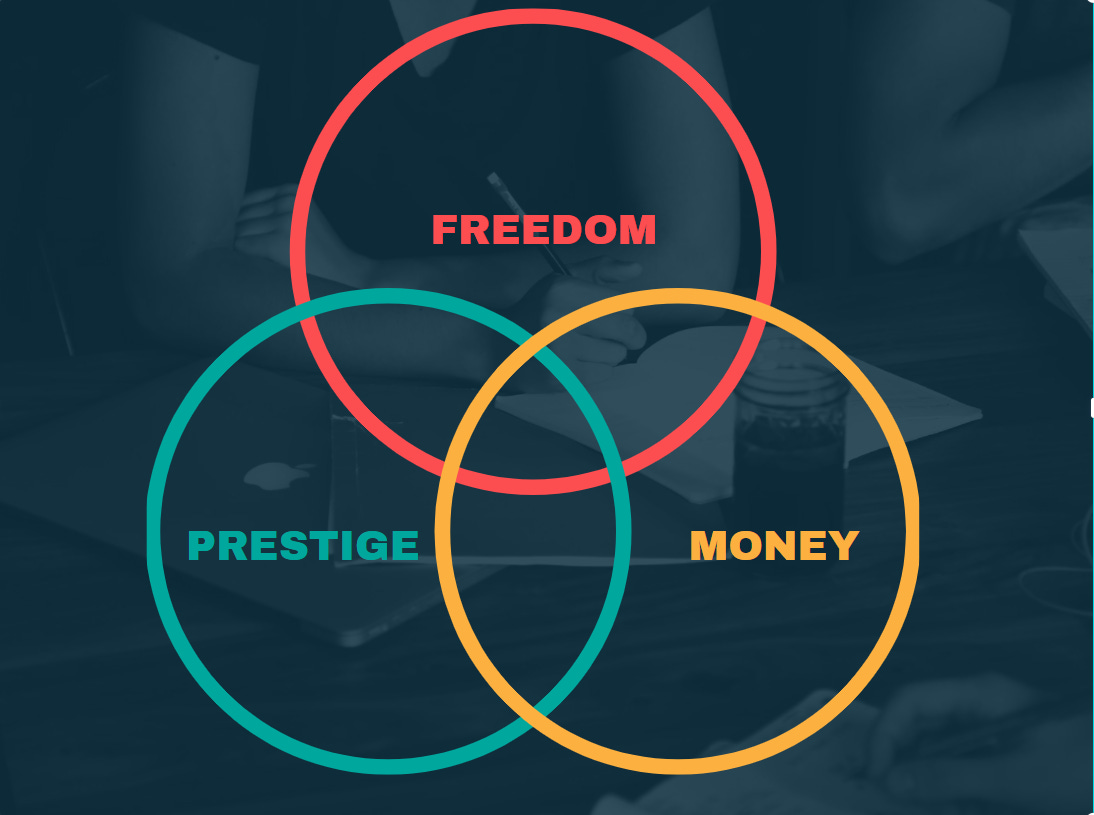Could Be a Tough Time for the "All-Digital Middle" in Media
your talent gets poached or it goes independent
I did Ethan Sherwood Strauss’s podcast again and had a great time, check it out.
Recently Jerusalem Demsas announced that she was leaving Vox to become a staff writer at The Atlantic. This is no surprise; anybody’s list of Ones to Watch in media would have included her. What’s striking to me is what a sense of inevitability these hires have now. Whereas I once thought of digital-only publications as natural homes for big names, now I tend to think that anybody that gets big enough is either going to end up getting poached by a prestigious dead tree publication (the NYT, WaPo, The Atlantic) or go independent on Substack or Patreon or similar. There’s always new talent in media, as young people have no sense for evaluating the financial prospects of what they’re doing. But the question for all-digital (and especially all-advertising) publications isn’t finding talent, but rather keeping it.
When I talk about traditional media here, I should be clear that I’m talking about a handful of legacy publications that weathered the online storm better than most and which now enjoy lucrative subscription services in addition to ad revenue. (It’s quite similar to cable TV’s old financial model of advertising plus carriage fees.) There are, of course, many traditional publications that lack the national reach of the NYT or WaPo and are dying or already dead. But those remaining traditional pubs I’m talking about have deeper pockets than most, which is how (for example) the Times can throw money around to acquire Wirecutter, the Athletic, and Wordle. They also usually enjoy the ability to offer better salaries than most native digital publications can pay, and maybe more importantly, the kind of prestige that can translate into getting an agent. “X is a staff writer for The New York Times/The New Yorker/The Atlantic” still moves the needle in a bitterly (and increasingly) competitive publishing landscape. Meanwhile, Substack and Patreon and similar crowdfunding services present an attractive mix of near-total creative control and, for the lucky few, better money.




